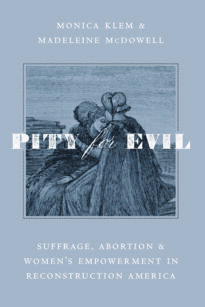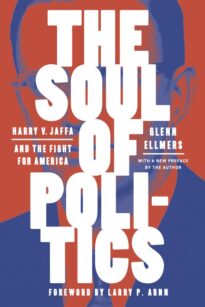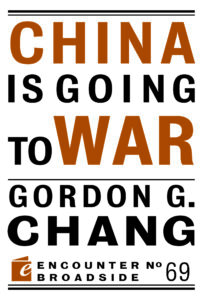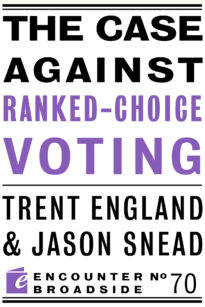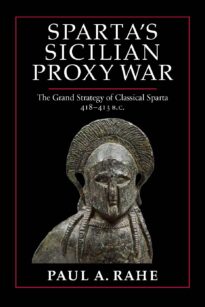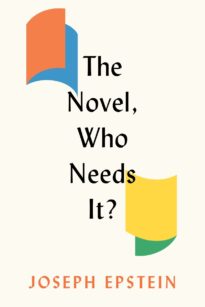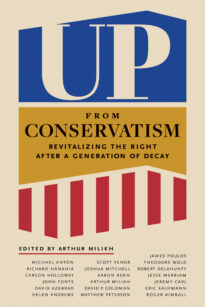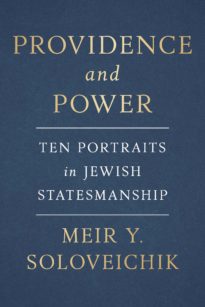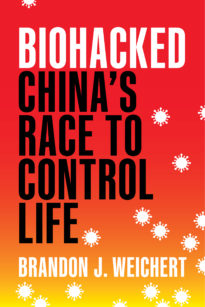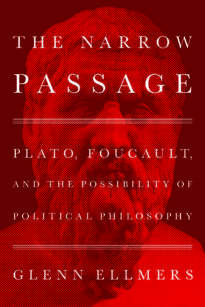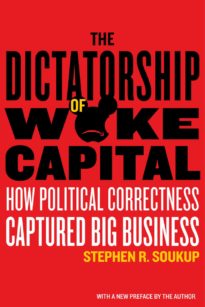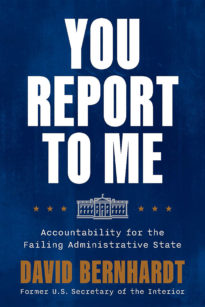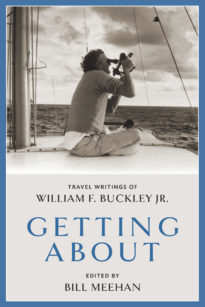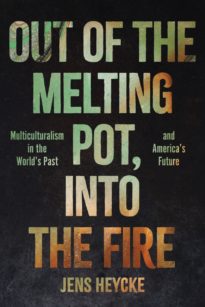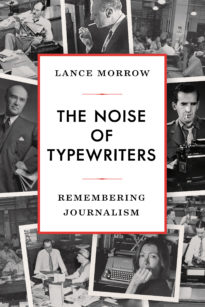Free shipping on all orders over $40
New Releases
Pity For Evil Suffrage, Abortion, and Women's Empowerment in Reconstruction America
In the years following the Civil War, pioneers in the women’s rights movement, women’s medical education, and public-private charitable partnerships joined forces to reduce the incidence of abortion in America. As alumni of the abolitionist movement, they analyzed abortion in ways that resembled their earlier critiques of slavery.
The Soul of Politics Harry V. Jaffa and the Fight for America
In addition to Lincoln and the founding fathers, this new paperback edition shares Jaffa’s profound insights into Aristotle, William Shakespeare, Winston Churchill, and more.
China Is Going to War
The Communist Party of China is fast-tracking the largest military buildup since the Second World War; it is sanctions-proofing itself; it is stockpiling grain; it is surveying America for nuclear weapons strikes; and, most ominously, it is mobilizing China’s civilians for battle.
The Case Against Ranked-Choice Voting
In this Broadside, two election experts explain what ranked-choice voting is, who is behind it, and why it threatens the integrity of our elections.
Sparta’s Sicilian Proxy War The Grand Strategy of Classical Sparta, 418-413 B.C.
In Sparta’s Sicilian Proxy War, Paul Rahe first outlines the struggle’s origins and traces its progress early on, then examines the reasons for Sparta’s intervention, analyzes the consequences, and retells the story of Athens’ ignominious defeat.
The Novel, Who Needs It?
In this brief but highly engaging book, Joseph Epstein argues for the primacy of fiction, and specifically of the novel, among all intellectual endeavors that seek to describe the behavior of human beings.
Up from Conservatism Revitalizing the Right after a Generation of Decay
This collection of essays, written by some of the Right’s most interesting thinkers and practitioners, seeks to reframe the ideological and policy direction of the American Right.
Providence and Power Ten Portraits in Jewish Statesmanship
Ever since Plato’s Republic, the study of statecraft has been a staple of Western discourse, and so has the study of particular leaders. Although Jewish scholars, thinkers, and popularizers have contributed notably to this genre, strikingly few have turned their attention to the history of Jewish leaders—that is, leaders specifically of the Jewish people—in particular.
And yet there has been no lack of such outstanding figures, from the biblical period of Jewish sovereignty in the Holy Land and once again in present-day Israel or during the millennia of exile and formal Jewish statelessness in the Diaspora. This book, devoted to ten of the most colorful, fascinating, and consequential Jewish political leaders over the past three millennia, fills the gap.
Biohacked China’s Race to Control Life
When COVID-19 erupted from Wuhan, China under mysterious circumstances, the Communist Party of China covered up its existence for as long as possible. It is now apparent that there is more to COVID than what the authorities wish for us to know. Biohacked: China’s Race to Control Life details the decades-long pursuit by the Chinese Communists to dominate the biotechnology industry—to control the very building blocks of life on Earth—to further their political control at home and their supremacy abroad.
The Narrow Passage Plato, Foucault, and the Possibility of Political Philosophy
The American regime has become post-constitutional. But what is this post-constitutional arrangement? How does it operate? Who is in charge? Can it be overcome? What role will the Constitution play in the nation’s future?
The Dictatorship of Woke Capital How Political Correctness Captured Big Business
Over the last century, the Left has been waging a slow, methodical battle for control of the institutions of Western civilization. During most of that time, “business” remained the last redoubt for those who believed in free people, free markets, and private property. In the last two decades, however, that has changed, and the Left has taken its long march to the last remaining non-Leftist institution.
You Report to Me Accountability for the Failing Administrative State
In You Report to Me, Bernhardt provides a firsthand chronicle of how the bureaucratic swamp really works and reveals how unaccountable power has quietly concentrated in the administrative state over the last two decades.
Getting About Travel Writings of William F. Buckley Jr.
Well known as a political commentator and the author of sixteen novels, William F. Buckley Jr. was also a superb chronicler of travel. Getting About gathers more than one hundred of his articles about journeys by boat, train, or plane, representing a lifetime of adventure around the world—from Annapolis to Zurich, from the Azores to the Virgin Islands.
Out of the Melting Pot, Into the Fire Multiculturalism in the World's Past and America's Future
The melting pot has been the prevailing ideal for integrating new citizens through most of America’s history, yet contemporary elites often reject it as antiquated and racist. Instead, they advocate multiculturalism, which promotes ethnic boundaries and distinct group identities. Both models have precedents across the centuries, as Jens Heycke demonstrates in a contribution to the debate that incorporates an international, historical perspective.
The Noise of Typewriters Remembering Journalism
W.H. Auden wrote, “Poetry makes nothing happen.” Journalism is a different matter. In a brilliant study that is, in part, a memoir of his 40 years as an essayist and critic at Time magazine, Lance Morrow returns to the age of typewriters and to the twentieth century’s extraordinary cast of characters—statesmen and dictators, saints and heroes, liars and monsters, and the reporters, editors, and publishers who interpreted their deeds. He shows how journalism has touched the history of the last 100 years, has shaped it, distorted it, and sometimes proved decisive in its outcomes.
